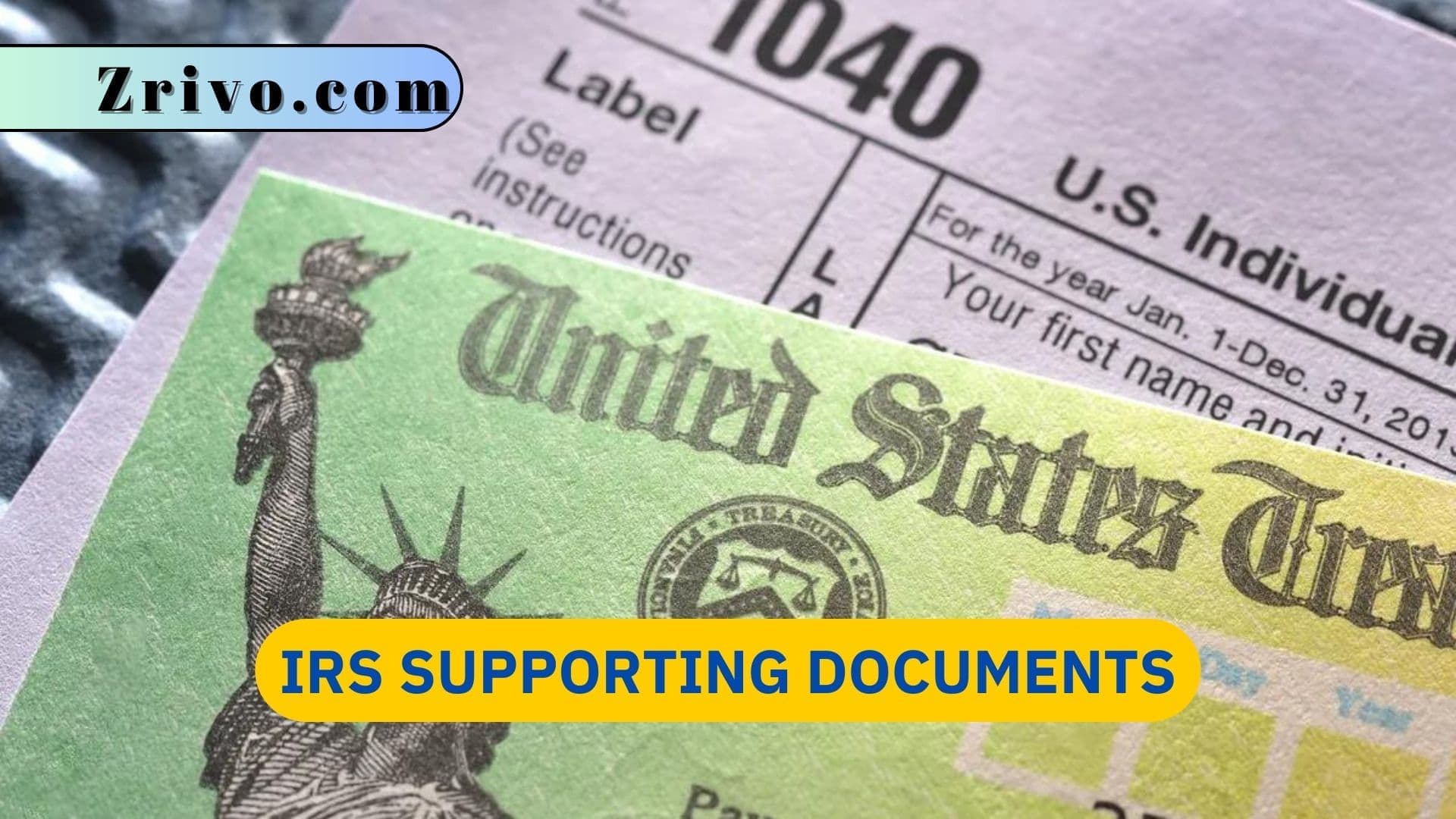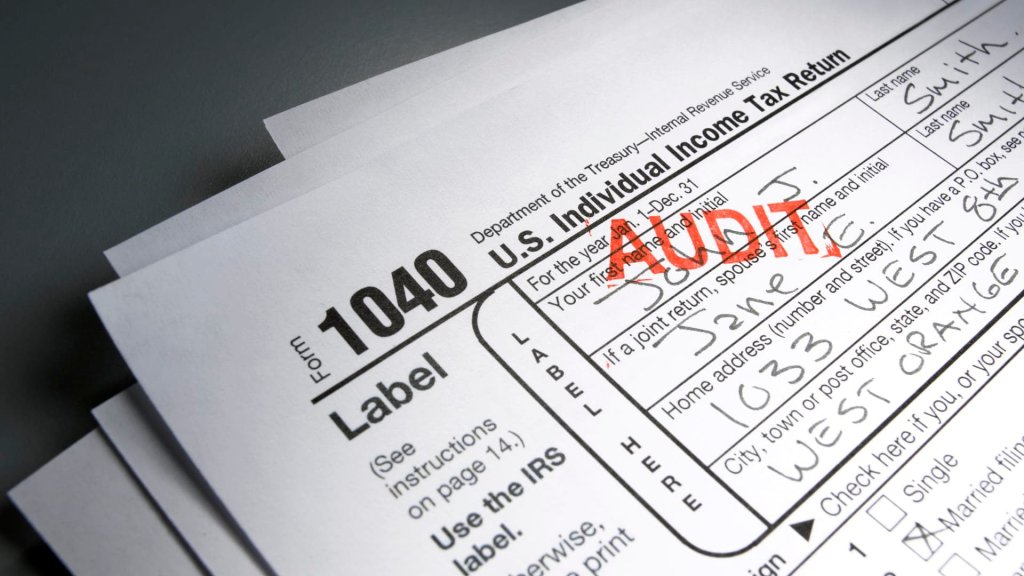
Many types of documents are considered supporting documentation by the IRS. These include sales slips, paid bills, receipts, deposit slips, canceled checks, and other financial records. These support the information recorded in your business books and on tax returns. It is important for clients to keep these supporting documents in a safe place and organized by year and type of income or expense. These documents can be accessed through routine procedures without a Freedom of Information Act request. If you receive a notice or letter from the IRS that requests additional documentation, you can use online tax software to get some help. Taxpayers are required to maintain adequate books and records. These include receipts, canceled checks, and other documents that support an item of income, deduction, or credit appearing on a return.

Supporting Documents for IRS Audits
Getting an audit notification from the IRS is nerve-wracking. However, you can minimize any potential damage with the right documentation and representation. The first step is to understand what types of documents the IRS will request and keep. You can then start to gather these documents and organize them. If you are audited, hiring an enrolled agent who is federally authorized to represent you is a good idea. This way, the enrolled agent can ensure that the result of the audit is in your best interests.
In addition to tax returns and income and expense records, you should also keep medical and dental records that pertain to items on your taxes. You should also keep any loan agreements that you have, including the original paperwork with all the information about what was owed. You should also keep any legal papers, such as divorce settlements or property acquisition records.
You should also have insurance records showing the loss or theft you reported on your return. You should also have photos or videos showing any damage done. It is important to have these in case the IRS asks for them during the field audit, which is typically conducted at your home or business.
During a field audit, the IRS will want to examine your records and make any necessary tax changes. They may also want to interview you about the information on your tax returns. Having a CPA, enrolled agent, or tax attorney represent you is a good idea during this process.